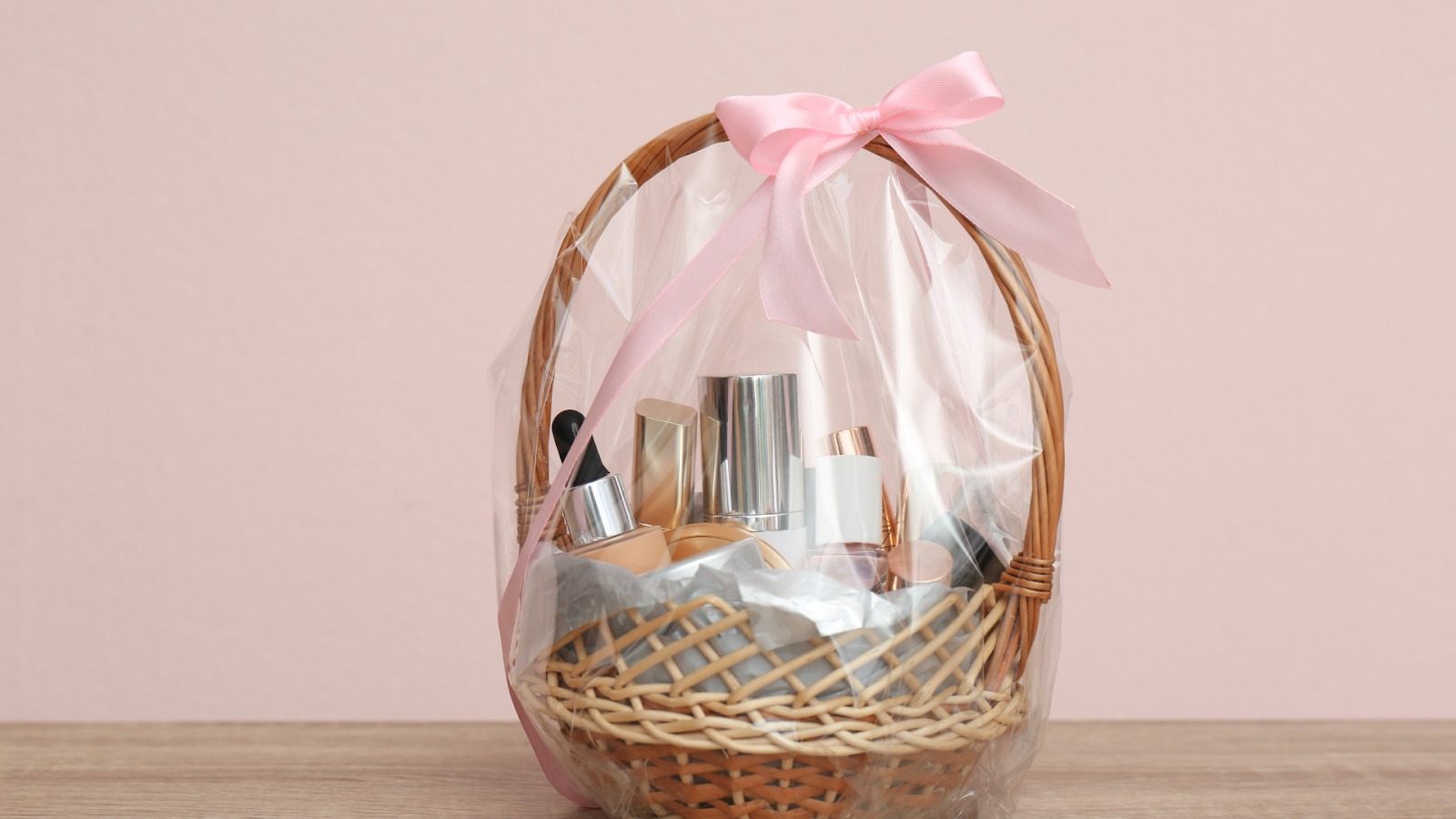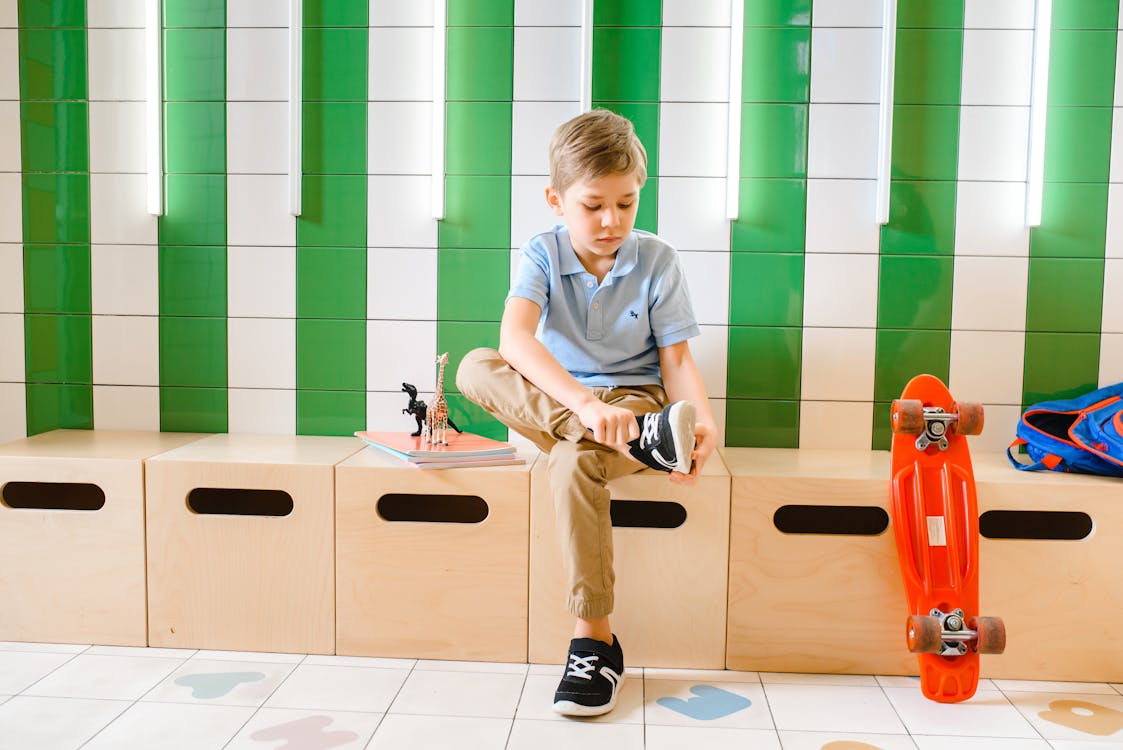Bringing home a baby is one of the most joyous times in anyone’s life. For first timers, it’s the chance to start a family too. But amongst the love and excitement, there are also challenges too from tiredness (or perhaps more exhaustion) to stress, being overwhelmed and feeling vulnerable.
It’s enough to make anyone struggle, so if you’re also tackling addiction or are in the early stages of recovery, it can be even more intense. Many people often turn to alcohol or drugs as a way to try and cope with dealing with a newborn, but that’s not healthy for you, nor for your baby.
Getting alcohol help and navigating addiction effectively is difficult, but the right strategy and aid can make it possible, creating a better future for both you and your child. Here’s all you need to know…
The first step is being honest about what is happening. Addiction is a medical condition, not a moral failing. It affects the brain and body in ways that can make stopping extremely hard, even when motivation is strong. For new parents, the pressure to be “perfect” can make it difficult to admit struggles.
Yet acknowledging the problem is an act of courage, not weakness. Being open, both with yourself and with a trusted professional, lays the foundation for change.
Caring for a newborn requires energy and consistency, which addiction can disrupt. Sleep deprivation, withdrawal symptoms, or intoxication may put a baby’s safety at risk, even unintentionally. Putting safeguards in place is vital.
This might mean asking a partner, family member or trusted friend to help with night feeds, nappy changes or supervision during times when you feel vulnerable. Remember: accepting support does not make you a bad parent - it shows commitment to your baby’s wellbeing.
Addiction can feel isolating, but you do not need to face it alone. Your GP or health visitor can connect you with local addiction services, counselling, or support groups. In the UK, organisations such as NHS Talking Therapies, Alcohol Change UK, and FRANK offer confidential guidance. Some areas also provide specialist services for parents, recognising that your needs may be different when you are caring for a young child.
The sooner you reach out, the sooner you can access tools to manage cravings, reduce harm, and begin recovery.
Parenthood can be lonely even without addiction in the picture. Surrounding yourself with people who understand your journey can make a significant difference. Support may come from family, friends, peer groups or online communities. Al-Anon and SMART Recovery, for example, offer meetings where you can share experiences with others in similar situations.
Having people to lean on, whether for emotional encouragement or practical help, reduces the sense of carrying everything alone.
Finally, recovery is rarely a straight line. There may be setbacks, and the demands of a newborn can intensify stress. What matters most is persistence. Celebrate small victories, whether it is attending a support meeting, managing one day sober, or asking for help when you need it.
Try not to compare yourself with others or hold yourself to impossible standards. Your baby benefits not from perfection, but from your willingness to keep trying and seeking healthier ways forward.




Want to add a comment?